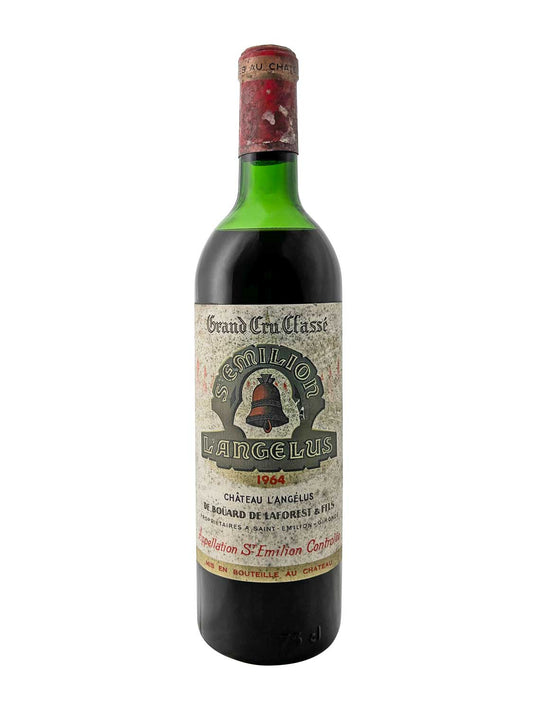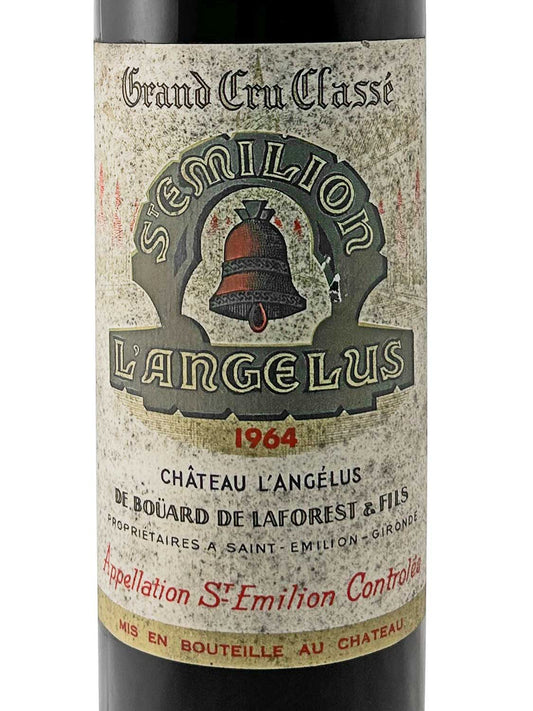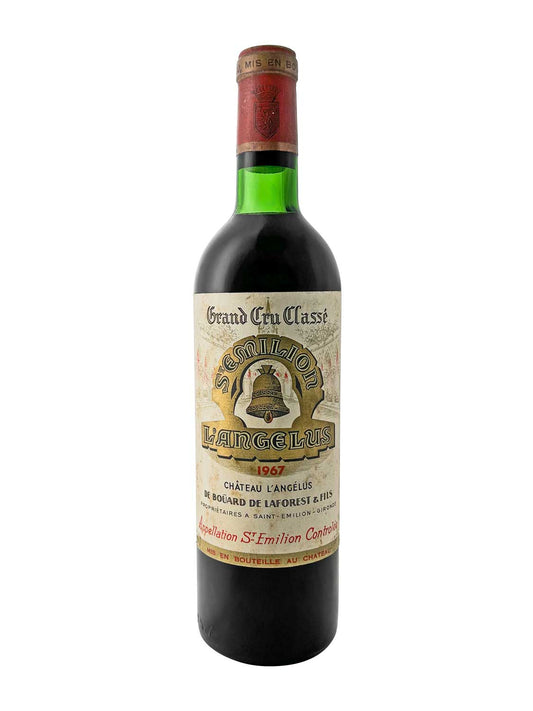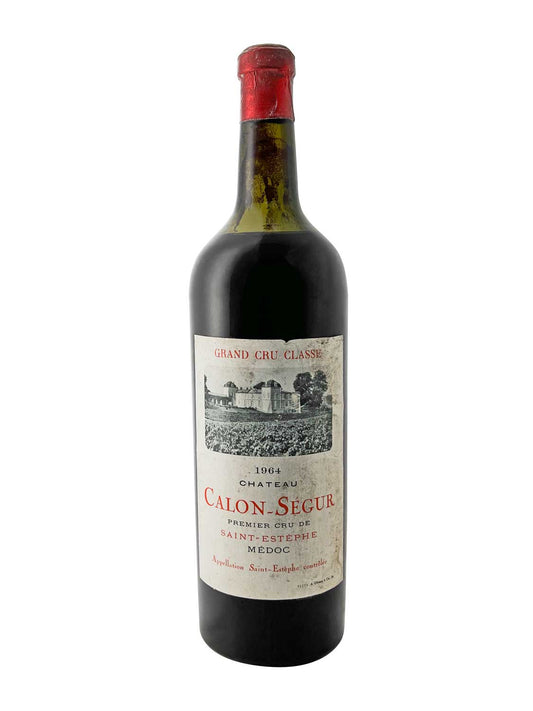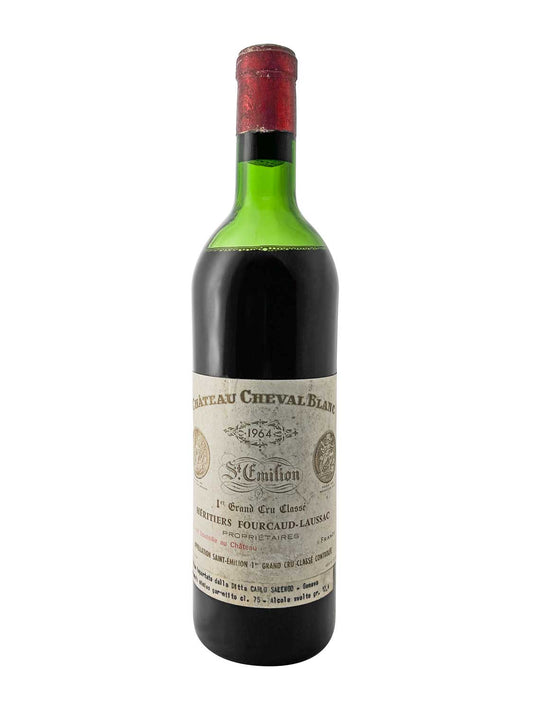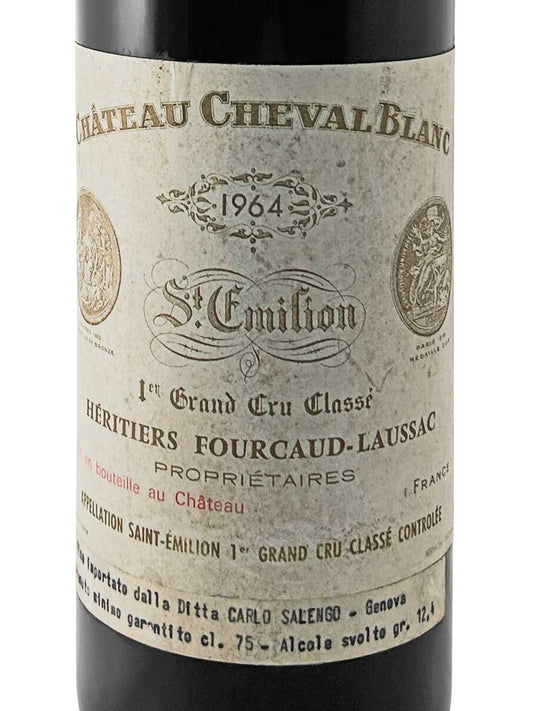
Why do Christians drink wine?
A Christian tradition with sacred significance
Wine has a deep and complex significance in the Christian tradition. It is not just a beverage, but also a symbol of community, joy, and the divine. In this blog post, we will explore the various aspects of wine in Christianity, explore its biblical roots, and understand the sacred significance it holds for believers.
1. The biblical roots of wine
The use of wine in Christianity has its roots in Jewish tradition. Wine is frequently mentioned in the Old Testament and considered a gift from God.
Psalm 104:15 says:
“And wine gladdens the heart of man.”
This positive view of wine runs throughout the Bible.
A central event that underscores the importance of wine in Christianity is Jesus' Last Supper with his disciples. During this meal, Jesus took a cup of wine and said:
“This is my blood of the covenant, which is poured out for many” (Mark 14:24).
Here, wine becomes a symbol of the blood of Christ, sacrificed for the sins of humanity. This connection between wine and the blood of Christ is fundamental to the understanding of the Eucharist, or Communion.
2. The Eucharist: A Sacrament of Faith

The Eucharist is one of the central sacraments in Christianity and plays a crucial role in most Christian denominations. During the celebration of the Eucharist, bread is broken and wine is shared—both symbols of the body and blood of Christ. This act reminds believers of Jesus' sacrifice on the cross and the promise of eternal life.
The Catholic Church believes that transubstantiation occurs in the Eucharist—that is, the bread and wine actually become the body and blood of Christ. This gives the act of drinking wine during Mass a particularly sacred dimension.
In other denominations, such as many Protestant churches, wine is understood as a symbol, but not as an actual transformation into the blood of Christ. Nevertheless, the significance of wine remains as part of the communal life of faith.
3. Community and togetherness
Wine also has a social dimension within the Christian tradition. Sharing wine during the Eucharist or other religious celebrations fosters a sense of community among believers. It symbolizes not only unity with Christ but also unity among one another.
In many cultures, it is customary to serve wine at festive occasions such as weddings or baptisms. This tradition is also reflected in biblical stories; for example, Jesus transforms water into wine at the wedding at Cana (John 2), which not only represents a miracle but also demonstrates that Jesus brings joy and abundance into life.
4. The symbolic content of wine
Wine has numerous symbolic meanings in Christianity:
Joy: In many biblical texts, wine is associated with joy. It represents abundance and blessing.
Purification: The process of winemaking – from grape harvesting to fermentation – can be understood as a metaphor for the purification process that believers must go through.
Sacrifice: The wine commemorates the sacrifice of Jesus on the cross; his blood was shed for the redemption of humanity.
These symbols are deeply rooted in liturgical practices and help believers deepen their religiosity.
5. The role of wine in different denominations

The use of wine varies according to the Christian denomination:
Catholic Church: Here, wine plays a central role in the Eucharist. High-quality red wine is used to emphasize the symbolism of the blood of Christ.
Orthodox Churches: Here, too, the use of wine is important; it is often associated with a special liturgy.
Protestant churches: Many Protestant congregations use grape juice instead of alcohol for health or social reasons. Nevertheless, the symbolic significance of wine remains.
6. The ethical dimension
The issue of alcohol consumption is not without controversy within Christianity. While many biblical passages positively portray the consumption of wine (e.g., Psalm 104), there are also warnings against excessive drinking (e.g., Ephesians 5:18). These tensions lead some churches to practice abstinence or use grape juice.
It is important to emphasize that moderation is required; excessive consumption can cause both physical and psychological harm.
7. Modern interpretations
In an increasingly secular world, many Christians have begun to find new ways to interpret the meaning of wine in their faith life:
Sustainability: Some communities are committed to using locally produced organic wine.
Cultural diversity: In multicultural communities, there may be different approaches to the use of beverages; this promotes respectful dialogue across traditions.
Conclusion
Wine is more than just a beverage in Christianity; it carries deep symbolic meaning and plays a central role in many religious practices and celebrations. From its biblical origins to modern applications, it provides a rich context for religion and community.
Whether at the Last Supper or on festive occasions, wine connects believers across generations and reminds them of the fundamental truths of their faith: fellowship, joy, and the sacrifice of Jesus Christ.
In a world full of challenges, this tradition remains alive and relevant – it invites us to pause, reflect and remember what is essential: God's love for us all.


